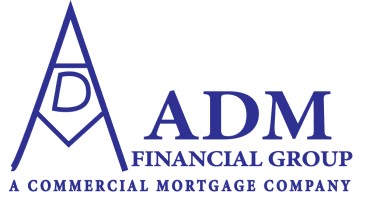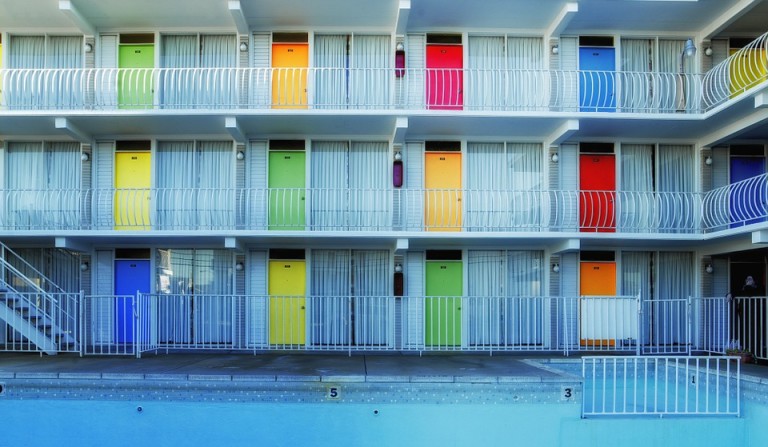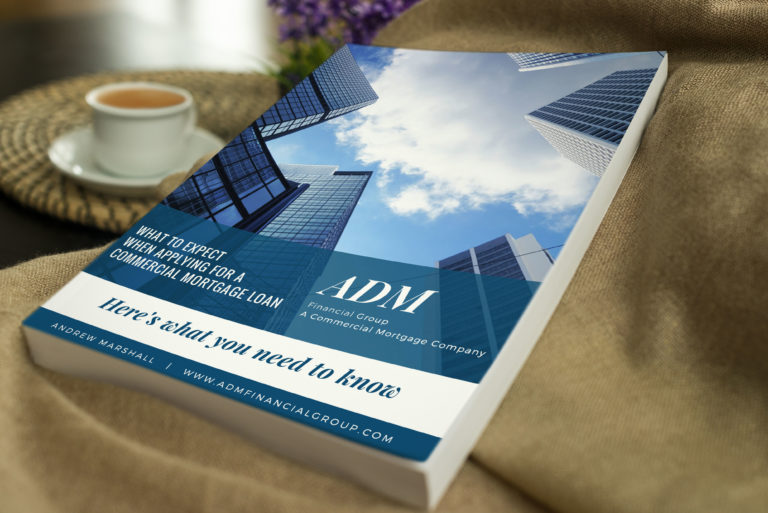ADM FINANCIAL GROUP
**CAN I GET A COMMERCIAL MORTGAGE WITHOUT A DEPOSIT?**
Commercial mortgages typically require the borrowers to make large deposits. The industry standard for commercial mortgage deposits is 20 to 40 percent of the property value. Why? Because commercial mortgages are considered to be risky by banks and lenders. They increase the size of the deposit to reduce that risk.
As surprising as it may be, a higher deposit is not necessarily undesirable for businesses either. It comes with its own set of advantages. It reduces the interest rate and the repayments, thus saving a significant amount of money for businesses over the course of the repayment schedule. However, for cash strapped businesses, or for high growth businesses whose money is better directed towards powering that growth, a large deposit can be a huge pain point.
But, there is no escape from it. Businesses have to pay a deposit to get a commercial mortgage.
That being said, businesses can avail a commercial mortgage by paying a deposit that is quite close to zero. Here’s how.
1.Type of Commercial Property
Every business and its industry have a certain degree of risk involved. This risk changes from one industry to another. Naturally, some commercial properties are deemed to be riskier than the others. For instance, a business that is getting a commercial mortgage for a medical office may end up paying less than 5 percent of the property value as deposit. On the other hand, most other commercial properties like retail shops, office buildings, and the likes, require the businesses to pay at least 20 percent of the property value as deposit.
So, check out the existing industry standard for the deposit of a commercial mortgage on your property.
2.The Type of Lender
Banks have the lowest risk appetite. Hence, they make the businesses pay the highest deposit on their commercial mortgages. On the other hand, private commercial mortgage lenders typically have a higher appetite for risk. So, if you approach the private commercial real estate lenders, the chances are that you will end up paying a significantly lower deposit than what you would have paid the bank for the commercial mortgage.
3.Trading History
Commercial mortgage requirements change from one lender to another. However, the lenders usually trust businesses that have been in the market for the longer duration. New businesses may be required to pay a deposit as high as 50% of the commercial mortgage value. So, if a business wants to take a mortgage by paying a low deposit, then it should probably spend a couple of years in the business first. In the meantime, renting can be the answer to their immediate needs.
4.Security Requirements
This is one of the most effective strategies for reducing the deposit on your commercial mortgage. Most commercial mortgage lenders hold the property you are purchasing as the only security. However, some lenders are flexible on this. They can accept your equity in other properties or your other assets as security for the mortgage and reduce the deposit to a fraction of its earlier value.
ADM Financial Group has some of the most flexible terms to help businesses get a commercial mortgage that meets their needs effectively. Get in touch with the lender to find the most business-friendly commercial mortgages in the industry today.
**JOKE OF THE DAY**
Jimmy: “Hey, Mike! How’s your new pet fish doing? You told me he was really something special.”
Mike: “To tell the truth, I’m really disappointed in him. The guy who sold him to me said I could teach him to sing like a bird.”
Jimmy: “What? Let me get this straight… You bought a fish because you thought you could teach him to sing like a bird?” Mike: “Well, yeah. After all, you know, he’s a parrot fish.”
Jimmy: “Now listen, Mike, you might be able to teach a parrot to sing, but you’re never going to get anywhere with a parrot fish.”
Mike: “That’s what you think! It just so happens this fish CAN sing. The thing is, he’s terribly off-key and it’s driving me crazy. Do you know how hard it is to tuna fish?”




